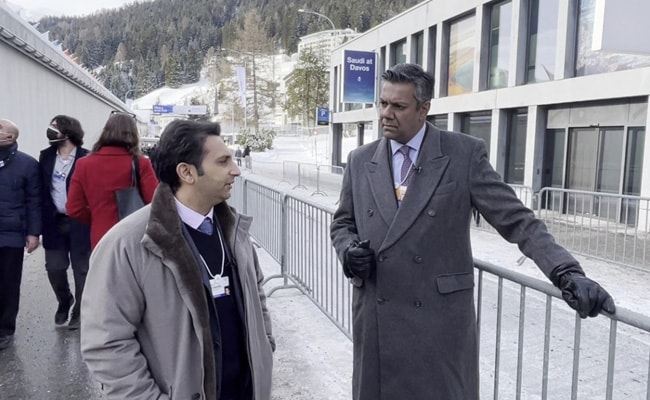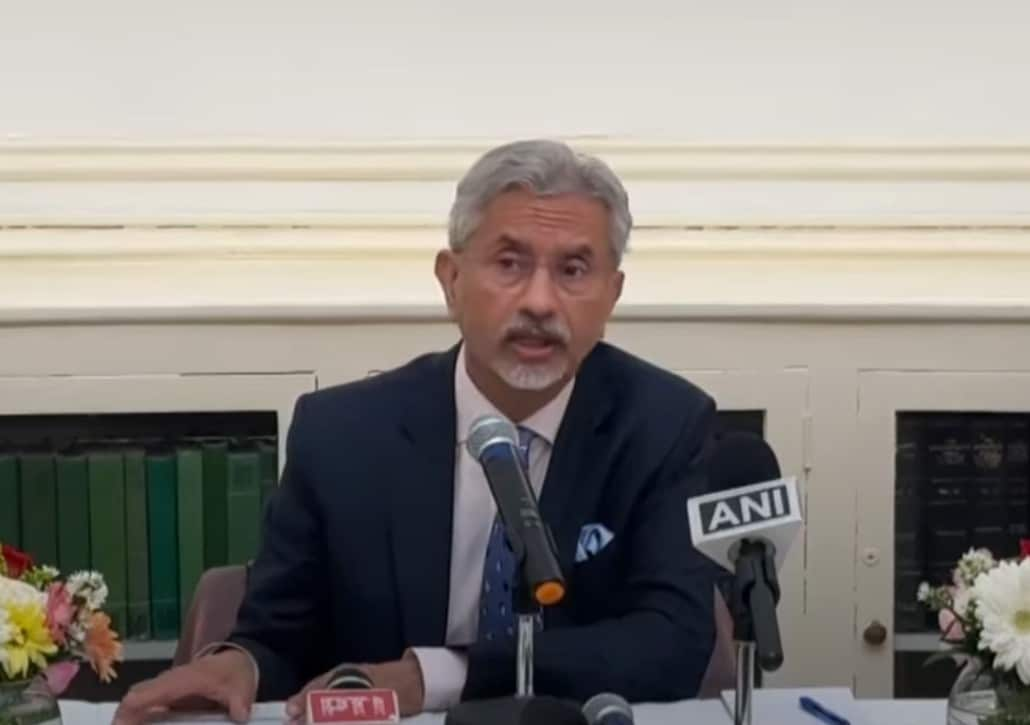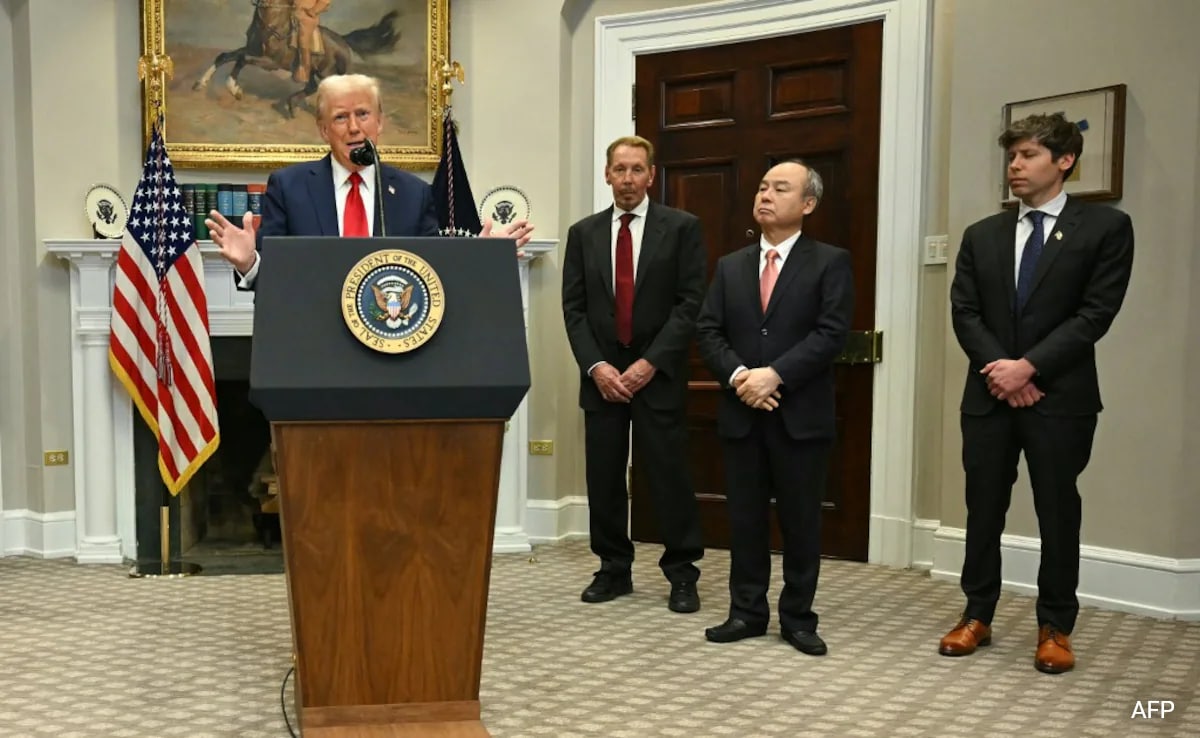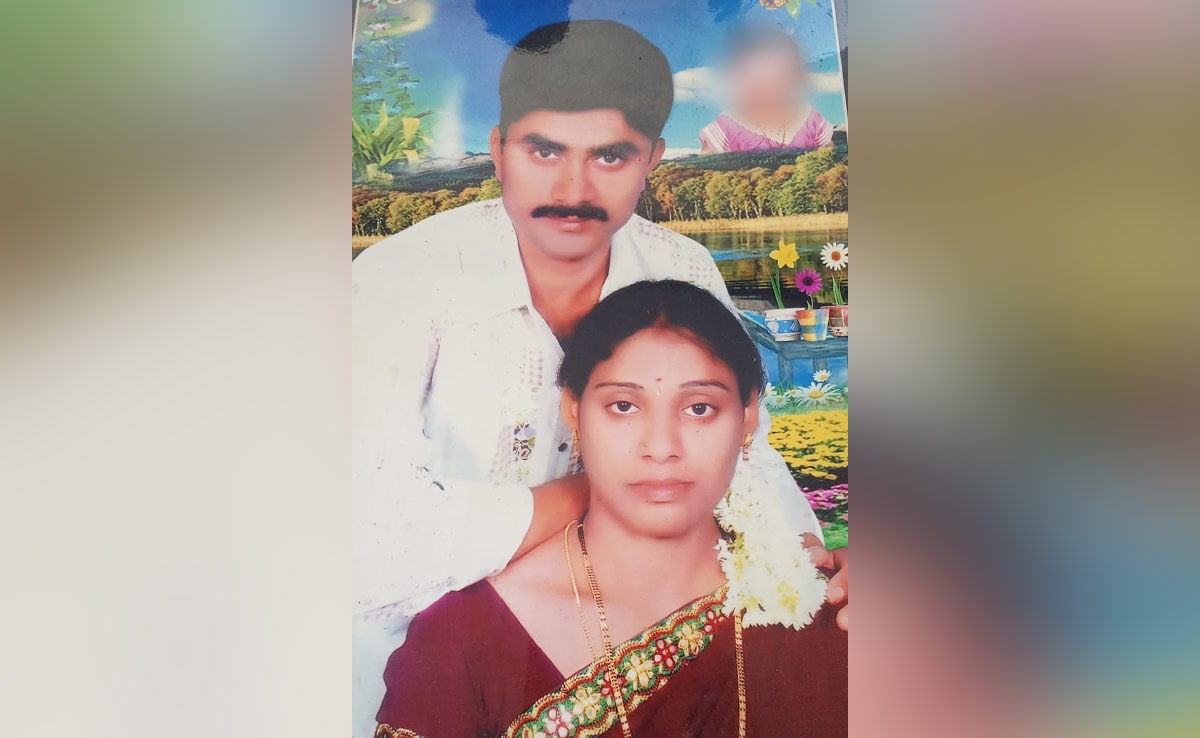Barely six months after its forceful rise on the national political horizon, the Indian National Development Inclusive Alliance (INDIA), formed by diverse parties united by the sole ideological adhesive—an anti-Bharatiya Janata Party (BJP) sentiment—is now tottering on the verge of disintegration.
The outcome of the general elections, where the alliance fell 60 seats short of the strength acquired by the BJP-led National Democratic Alliance, provided a significant boost to the combined opposition. The alliance’s strength was enough to counter the Narendra Modi government’s proclivity to pass laws unchallenged. A collective opposition of around 20 parties led to crucial bills—such as those on Waqf properties and One Nation One Election—being referred to parliamentary panels for detailed scrutiny.
However, by 2025, distinct grumbling voices from within the alliance suggested that it was in a state of drift, lacking demonstrable leadership, with the Congress failing to provide coordination. This discontent became more pronounced when a few constituents endorsed the Aam Aadmi Party (AAP), which is gearing up for the Delhi Assembly elections on February 5.
An Implosive System
The drifting state of the alliance, the Congress’s unwillingness to accommodate its partners in the Haryana assembly elections, and its current stance as a challenger to AAP in Delhi, highlight the inherent contradictions within this arrangement. Over the past decade, the AAP has captured the imagination of Delhi’s residents, filling the political space that was once dominated by Congress. The AAP is now on the verge of equalling the Congress’s record of forming a government in Delhi for three consecutive terms. The 15-year run of the Congress between 1998 and 2013 was halted by the rise of the AAP, formed by Arvind Kejriwal and his fellow travellers on an “anti-corruption” bandwagon. The Congress, now desperate to regain some of the ground it lost, is back in the fray.
AAP convenor and former Chief Minister Arvind Kejriwal has declared that the party has secured support from Mamata Banerjee’s Trinamool Congress and endorsement from other INDIA allies. Meanwhile, the BJP, hoping to form a government in Delhi after 26 years, is playing up these differences within the INDIA bloc.
Parliament vs. Assemblies
Two clear strands have emerged over the past six months. The combined alliance in Parliament is different from its ability to accommodate constituents in state assembly elections. As the largest party in the alliance, other constituents expect the Congress to be magnanimous, without expecting reciprocity.
On January 9, Kejriwal was emphatic in declaring that the INDIA bloc was non-existent in Delhi, where the contest is primarily between the AAP and the BJP. His comments echoed the sentiments of Rashtriya Janata Dal (RJD) leader Tejashwi Yadav, who recently stated that the alliance was meant for Lok Sabha elections. This is part of the RJD’s posturing ahead of the Bihar assembly polls due this autumn. In Jammu and Kashmir, Chief Minister Omar Abdullah went a step further, suggesting that the alliance should either define clear contours of engagement in states or disband entirely.
The Congress is under attack as allies mount pressure to hand over the mantle of leadership to another player, unwilling as they are to be led by the Grand Old Party. The voices grew louder after the Congress failed to regain power in Haryana in October, which cost it a significant bargaining chip in the subsequent Maharashtra polls. This setback further eroded the Congress’s ability to provide leadership to the alliance. Signs of unease were evident during the winter session of Parliament.
It is natural for a party with a strong political base in a state to be unwilling to accommodate a weaker partner. During seat-sharing and adjustment talks, the strength that any party brings to the table matters.
Congress Needs To Present A Plan
Parties like the Samajwadi Party, the Rashtriya Janata Dal and the AAP, with strong presences in Uttar Pradesh, Bihar, Delhi, and Punjab, respectively, will be reluctant to grant any space to an ally with a similar voter base.
The Congress, the only party with a pan-India organisational presence capable of challenging the BJP across the country, must take charge. It needs to present a clear plan to coalition partners, adopting a discerning strategy for Parliament while maintaining flexibility in state politics and managing inherent contradictions. As the Congress prepares to move into its new headquarters in Delhi on January 15, it must shed its baggage and work toward a smooth transition with renewed enthusiasm.
(K.V. Prasad is a senior Delhi-based journalist)
Disclaimer: These are the personal opinions of the author




